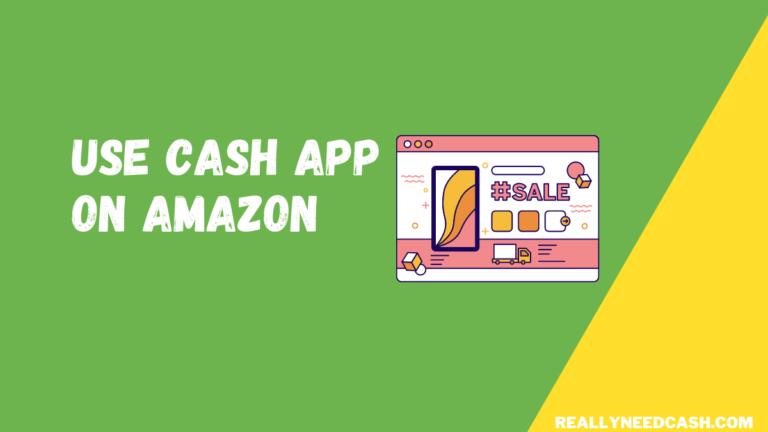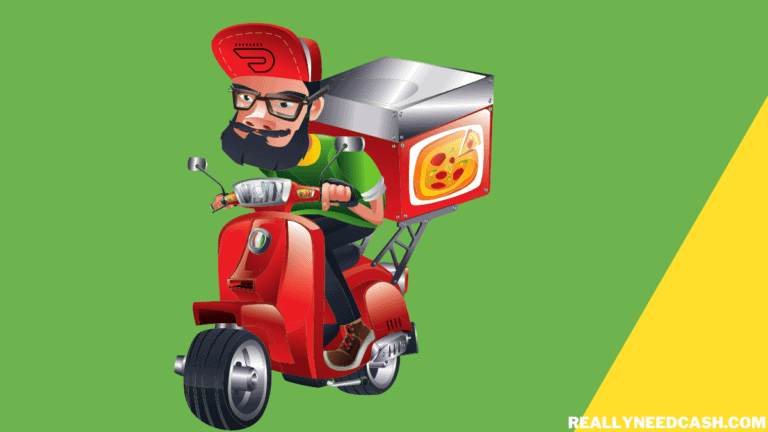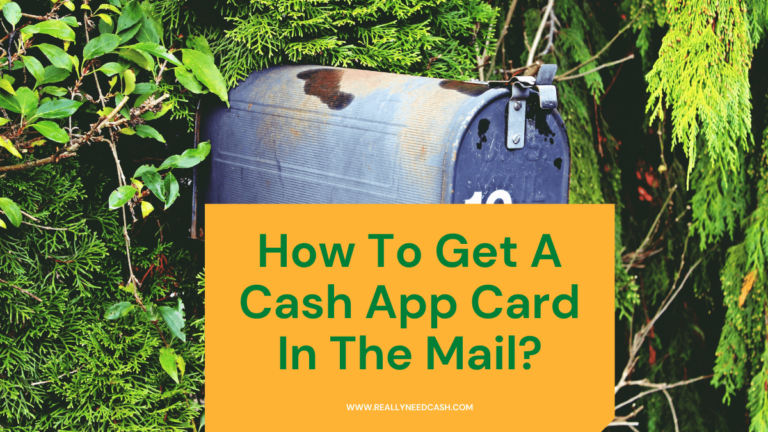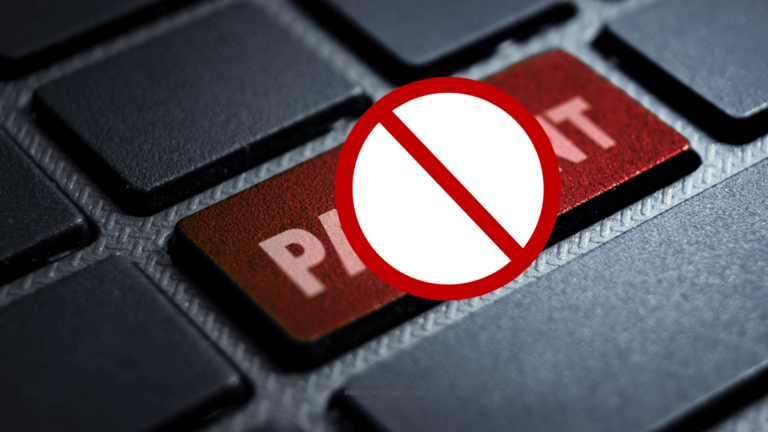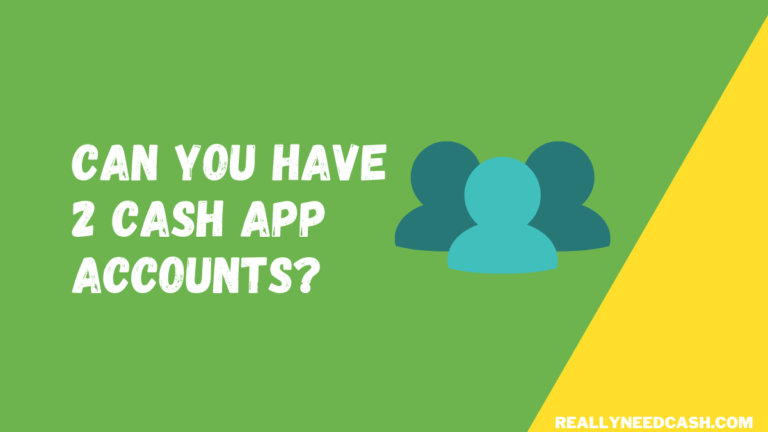Why is my bank declining Cash App?
- Card Issuer or Bank Declines the Transaction
- Incorrect Information
- Expired Card
- Incorrect Card Information
- Exceeded Withdrawal Limit
- Low Bank Funds
- Technical Glitches and Bugs
- Incomplete Verification
- Frozen Account Status
It can be really frustrating when your bank transactions get declined, especially if you don’t understand what’s causing the problem.
Why Does Cash App Say Your Bank Declined This Payment?
Your bank declined Cash App payment due to: 1. Card being expired 2. Exceeded the limited number of transfers 3. Wrong payment info 4. Insufficient balance funds 5. Bank and Cash App Server Problems 6. Internet Connection 7. Disconnect from VPN 8. Outdated Cash App version.
Sometimes the Merchant account blocks the transaction. Your credit or debit card is expired or canceled. The billing address is invalid. Maybe your bank flagged your account.
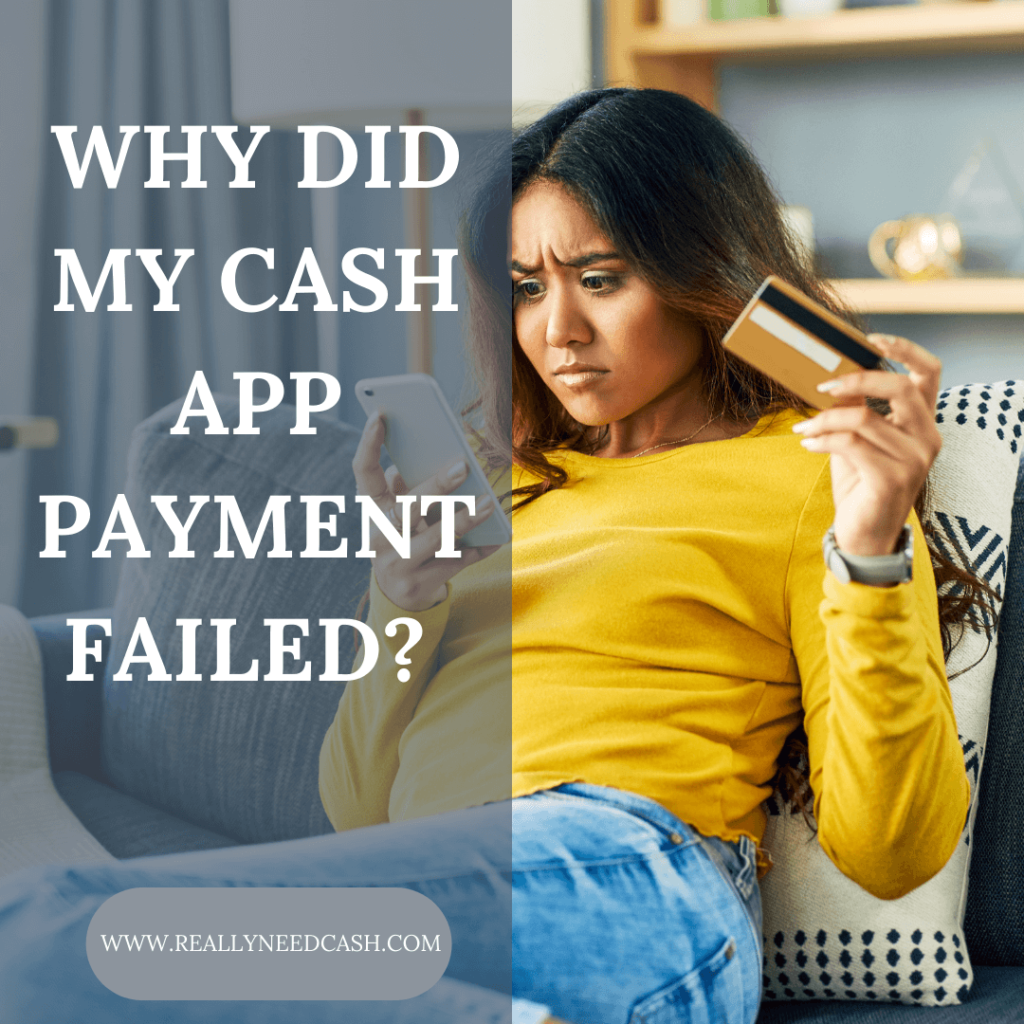
Read: 11 Common Causes for Cash App Error Message – Transfer Failing Solutions
In What Cases Does a Bank Decline a Transaction?
Before we talk about why the bank might reject a Cash App payment specifically, we need to discuss what leads a bank to decline a transaction in general because the problem might stem from the bank and not from Cash App.
1. The Bank Suspects Some Unusual Activity
You probably already know that banks decline the transitions they deem suspicious, but what activities actually fall under this “suspicious” umbrella? Well, one of them is making unusually large purchases.
Since 1992, banks and other financial institutions have been required to file reports to the United States Treasury about any suspicious activity they encounter to alert the authorities about any potential money laundering cases, corrupt political activity, sanction violations, or other criminal activities.
So, while you may be just sending a relatively large sum of money to a friend or an acquaintance, the bank might still find that suspicious and decline the transaction.
2. An Unusually High Number of Purchases in a Short Time
If you’re not the type of person to go out and buy new items every day, and one day you spend a large sum of money and buy a lot of new stuff, the bank might classify that as unusual activity. And in that case, your transactions might get declined.
3. Making a Purchase in Another Country
Banks generally do whatever they can to prevent identity theft. So, when they aren’t aware of your travel agenda and find a transaction made outside of the country, they get suspicious and freeze said transaction.
Therefore, you need to notify your bank before going abroad. That way, the bank adds a record to your account, letting the fraud detection system know that you’re the one making the purchases outside the country.
Why Might the Bank Reject a Cash App Payment?
Now that we’ve talked about why the bank might decline your transaction for reasons that have nothing to do with Cash App, let’s discuss how the problem might originate from Cash App itself.
1. Cash Card Surpassed Its Expiry Date
Cash Card is a debit Visa card that connects directly to your Cash App balance. And just like any other Visa card, it has an expiration date.
If you’ve attempted to purchase something with your Cash Card after its expiration date, that’ll most likely be the reason why the bank declined your purchase.
2. The Payment Information You Entered Is Incorrect
Another reason for your transaction to get declined is if you simply enter the incorrect card info.
A small typo in the information you submitted is more than enough for the bank’s database to fail to identify your card and reject your payment.
3. Your Version of Cash App Is Outdated
It’s generally okay to miss a few Cash App updates. But after a while, the version of your Cash App can become outdated and will fail to perform its most basic functions.
4. You Exceeded the Limit for Transfers
The standard unverified Cash App account only allows you to receive up to $1,000 a month and send $250 a week.
If you’ve reached that limit, you won’t be allowed to make any purchases with your Cash App balance.
5. You Have Insufficient Funds
Another obvious reason your bank might have rejected your transaction is that you don’t have enough money in your Cash App balance. So make sure to check your balance before making a purchase.
Read: 2 Reasons for Cash App Payment Declined Due to Unusual Activity
How to Fix the Issue You’re Having?
Hopefully, you’ve figured out the problem with your declined transaction. Now, we’ll walk you through how to sort out each issue to get your Cash App up and running in no time.
1. Order a New Cash Card
You can simply get a new Cash Card. However, if you don’t want to, Cash App does offer a full refund of your card balance within two years of its expiry.
2. Make Sure You Enter the Correct Payment Info
There’s no shame in writing down your payment information somewhere and keeping it on you. You can then take a quick look at this information when needed and type it out slowly to avoid typos.
3. Update Your Cash App
Go to the application store on your phone and check for Cash App updates. Then, if there are due updates, install them.
4. Verify Your Cash App Account
You can increase your Cash App limit by verifying your account; that’ll allow you to send up to $7,500 a week and won’t put a cap on how much you can receive on your account.
Unfortunately, it could happen to you at any time, whether you’re online shopping from home or trying to send someone money through Cash App.
Your bank might also reject your payment when you’re trying to pay in a store or a restaurant, which can be annoying and embarrassing.
There are many reasons why that might happen, and the problems can stem from different areas, not just your bank account or your Cash Card.

